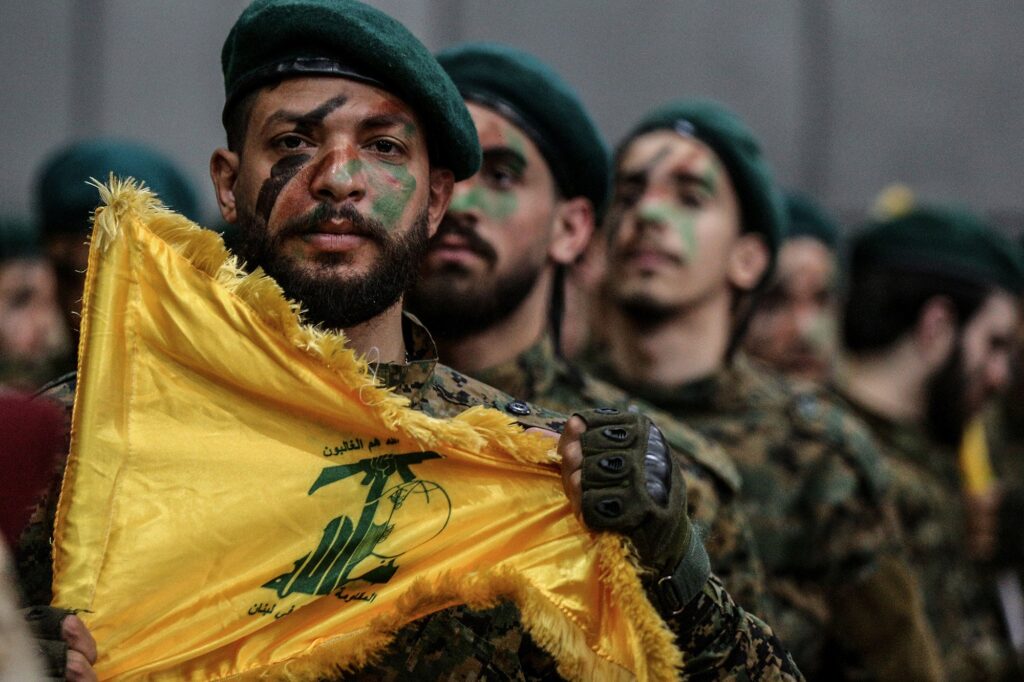Hezbollah Responds to the Killing of Yahya Sinwar
Hezbollah’s Response to Israeli Actions
Hezbollah has announced its command has ordered an escalation in its battle with Israel. This decision follows the Israeli forces’ recent killing of Hamas leader Yahya Sinwar. Sinwar, a key figure in Hamas, played a significant role in the group’s operations. His death marks a critical point in the ongoing conflict between Israel and Hamas, affecting regional dynamics.
Impact on Israel-Hamas Relations
The killing of Yahya Sinwar intensifies the already fraught relations between Israel and Hamas. Hezbollah’s commitment to escalate conflict may provoke further violence. The situation escalates tension not only between these groups but also within the broader region. The Iranian-backed Hezbollah has vowed to support Hamas and its objectives. This commitment reflects the solidarity among groups opposing Israel’s military actions.

Escalation of Military Operations
Hezbollah’s command indicated a shift in military operations following Sinwar’s death. They have urged their forces to prepare for potential confrontations with Israeli troops. The group aims to enhance its military posture in southern Lebanon. They plan to increase artillery fire and drone activity against Israeli positions. This strategy could lead to increased violence along the Lebanese-Israeli border.
Broader Regional Implications
The escalation by Hezbollah raises concerns about a broader regional conflict. Israel faces multiple threats from various groups, including Hezbollah, Hamas, and Iranian forces. The situation could lead to increased hostilities across the region. Many analysts fear that the conflict may expand beyond local skirmishes. A wider confrontation could draw in neighboring countries and international actors.
International Reactions
International reactions to Hezbollah’s escalation orders vary. Some nations express concern over the potential for a larger conflict. Others support Israel’s right to defend itself against militant threats. Diplomatic efforts may focus on de-escalating tensions in the region. However, the complexity of the situation makes negotiations challenging.
The Future of the Conflict
The future of the conflict remains uncertain in light of these developments. The escalation ordered by Hezbollah could lead to violent confrontations. Hamas’ retaliation in response to Sinwar’s death may also play a significant role. Both sides appear prepared for a sustained conflict. The cycle of violence threatens to spiral out of control.
Hezbollah’s decision to escalate its battle with Israel after Yahya Sinwar’s killing underscores rising tensions. The implications of this move affect not only Israel and Hamas but also regional stability. As the situation develops, observers must monitor the actions of both Hezbollah and Israeli forces closely. The potential for a larger conflict looms, emphasizing the need for diplomatic engagement to address underlying issues.




